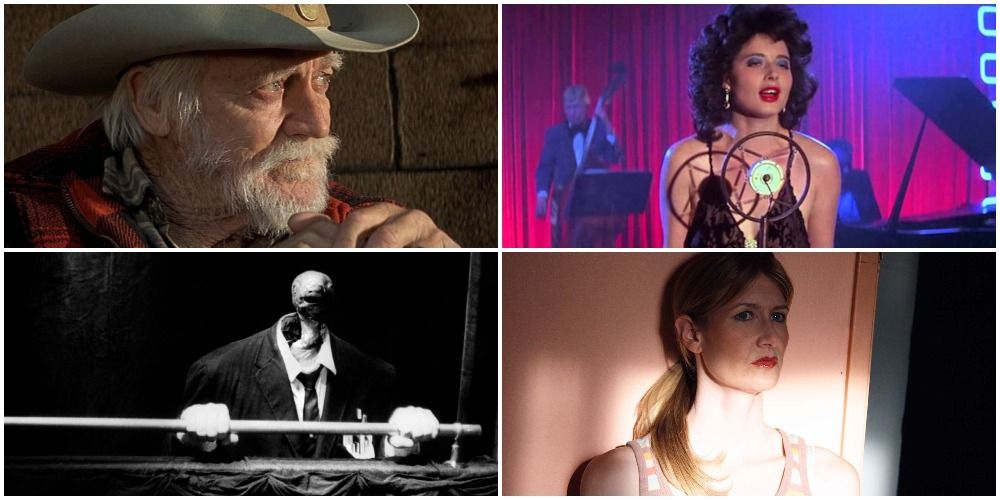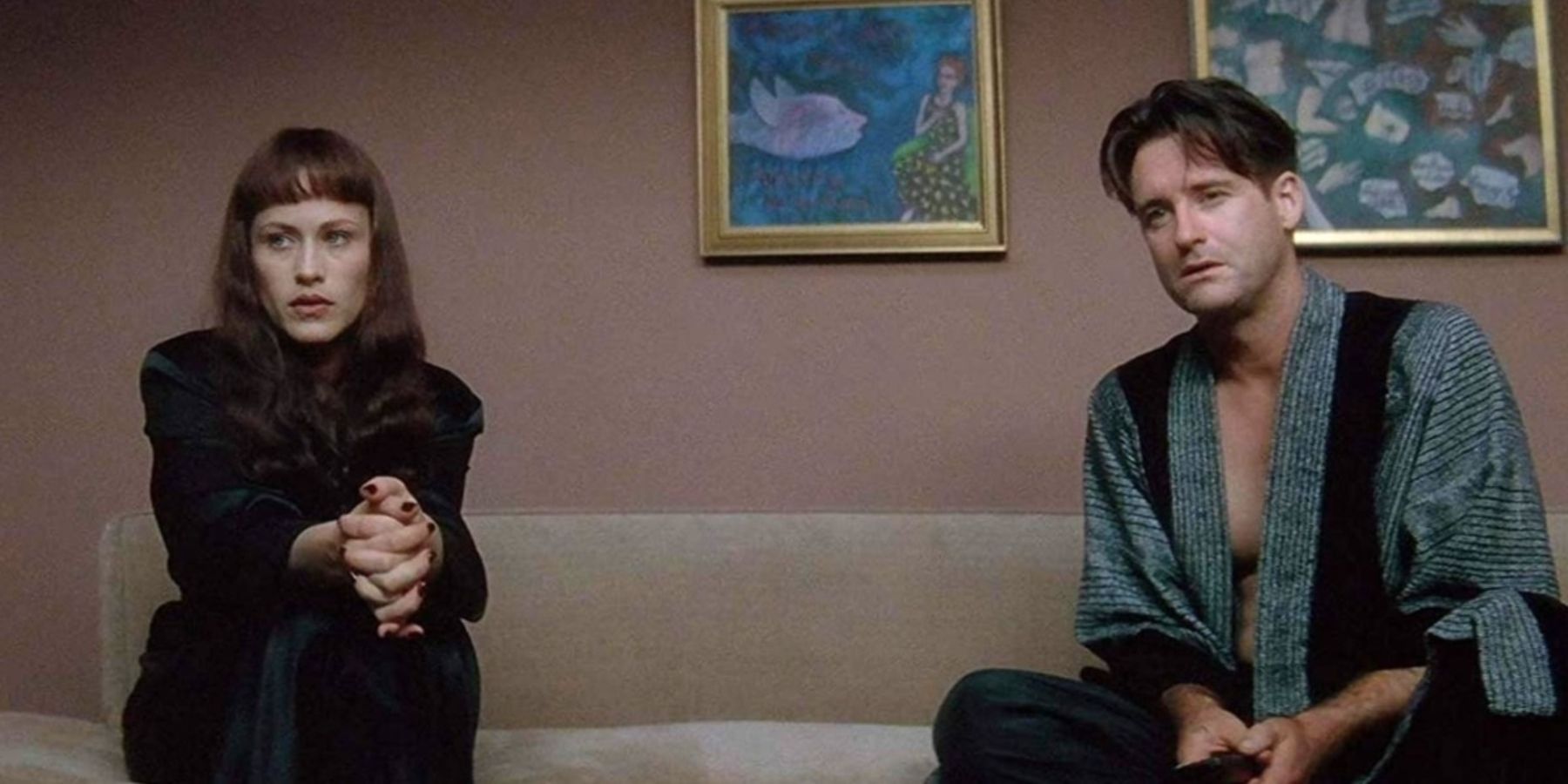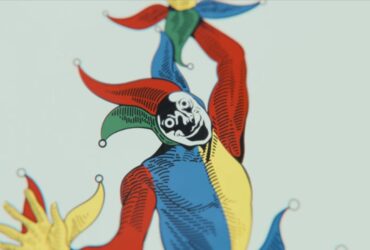Summary
- Lynch wasn’t afraid of the unusual, and influenced works like Stranger Things.
- Lynch’s Dune underperformed, but was influential for sci-fi films.
- Being “Lynchian” involves surrealism, and pushing storytelling boundaries.
January 15, 2025 saw the tragic passing of the incomparable David Lynch. Known to most as a director and filmmaker, Lynch was also a musical and visual artist, expressing his surrealist and experimental ideas in pretty much every creative medium he could. Many of his works are cult classics, offbeat works with dedicated fanbases.
Though many people know Lynch’s name and his most famous works, not everyone realizes how influential his work in film and TV has been. Stranger Things wouldn’t be what it is today without Twin Peaks, another story of a small town plagued by supernatural mysteries. Above all, David Lynch wasn’t afraid of the unusual or the bizarre. He embraced it, and encouraged both viewers and other creative forces to take a chance on weirdness.

Related
David Lynch: Every Movie Ranked By How Difficult They Are To Follow
David Lynch has made a career of creating some of the most unique and bizarre films out there. Some of them are easier to comprehend than others.
Dune & Lynch’s Impact On Sci-Fi Film
In 1984, David Lynch took on an ambitious adaptation: translating Frank Herbert’s first Dune novel to film. The book itself is weird and a bit surreal, with its gigantic sandworms, political intrigue, Bene Gesserit witches, and mind-altering Spice. In other words, it’s right up Lynch’s alley. Starring Kyle MacLachlan as Paul Atreides, the movie is something of a fever dream, with disjointed pacing and some bizarre visual effects. It underperformed both critically and commercially, and even Lynch himself later disavowed the film.
However, Lynch’s Dune did a lot of things right, from its maximalist visual style to the emphasis on politics and its portrayal of the universe’s royalty. The original Star Wars trilogy had already swept the nation by the time Dune came out, so the space opera concept wasn’t unfamiliar to moviegoers. Lynch’s project, though, pushed the envelope of this successful formula. Overly ambitious as it may have been, it has gone on to become a cult classic. Perhaps most importantly, the movie brought Frank Herbert’s work to a wider audience. If not for Lynch’s early attempt at adapting this strange and iconic story, we might never have gotten Denis Villaneuve’s excellent duology of films.
The Far-Reaching Influence Of Twin Peaks
Twin Peaks is one of Lynch’s best-known projects, especially today. Airing for two seasons starting in 1990, this TV drama tells the story of the murder of Laura Palmer in the titular fictional town. Dale Cooper, the FBI agent brought in to solve the case, may seem by-the-book at first — but he’s surprisingly open to the spiritual and supernatural. The more viewers learn about the town of Twin Peaks and its denizens, the clearer it becomes that something otherworldly and sinister is happening here.
There’s no denying that Twin Peaks is a bizarre show. Surreal dream sequences lead Agent Cooper to clues; possession by evil spirits plays a role in the mysterious crimes. But ultimately, the setting of Twin Peaks itself is the show’s hook — and it works. The town’s residents take “eccentric” to a new level, from the peculiar Log Lady to the intimidating Leo Johnson to the erratic Nadine Hurley. And amid all the strange occurrences, there’s plenty of narrative tension surrounding everyday life. David Lynch didn’t forget that, even when something evil lurks in the woods, teenagers still fall in love and greedy businessmen still stab each other in the back.
The formula of “small town where strange things happen” has been a popular one in media ever since. Small communities make perfect settings for creating drama and tension between characters with love triangles, shady business deals, and familial dysfunction. Adding supernatural secrets against this backdrop creates the perfect recipe for a gripping thriller or mystery. Sometimes those secrets are buried deep, and it’s up to the characters to find the truth — like in Stranger Things. Other times, they’re open secrets being kept from an outsider protagonist, creating the suspenseful atmosphere in shows like Haven. Even video games like Alan Wake have put these tropes to good use, putting players themselves at the center of the story.
What Does It Mean To Be “Lynchian”?
The term “Lynchian” eventually rose to describe the director’s unique style, much like a piece of media might be described as “Lovecraftian” or “Burtonesque.” Film buffs popularized the term as a descriptor for Lynch’s 1986 film Blue Velvet, but it applies to many of his other works as well, including Twin Peaks. If something is “Lynchian,” it puts emphasis on the surrealism that arises when the eerie, macabre, and otherworldly exist alongside life’s mundane aspects. In the words of writer David Foster Wallace, the term:
[…] refers to a particular kind of irony where the very macabre and the very mundane combine in such a way as to reveal the former’s perpetual containment within the latter.
But it’s about more than that. Lynch’s films and shows have a specific dreamlike quality about them, in terms of both visuals and sound design. And more than anything, to be Lynchian is to be weird. It’s to push the boundaries of storytelling, and make audiences question what those stories themselves even mean. It’s to refuse to answer any of those questions, forcing audiences to interpret things for themselves.
Throughout his career, David Lynch never shied away from things that were “out there.” Sometimes, critics and audiences loved him for it; sometimes, those creative risks resulted in works that were panned. But if nobody ever took a chance on art that was different or strange, that would be the death of innovation. Lynch made the world a weirder place, showing what was possible by skirting conventions and letting creativity run wild. And in the end, that’s what any kind of art is all about.

Related
This Forgotten David Lynch Movie Has Big Silent Hill Vibes
The David Lynch movie Lost Highway has an all-star cast and the writer/director’s typical dreamlike quality and has a lot in common with Silent Hill.












Leave a Reply